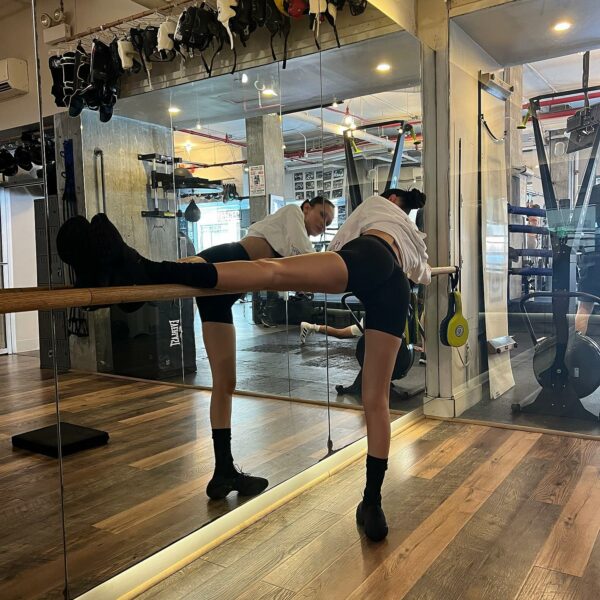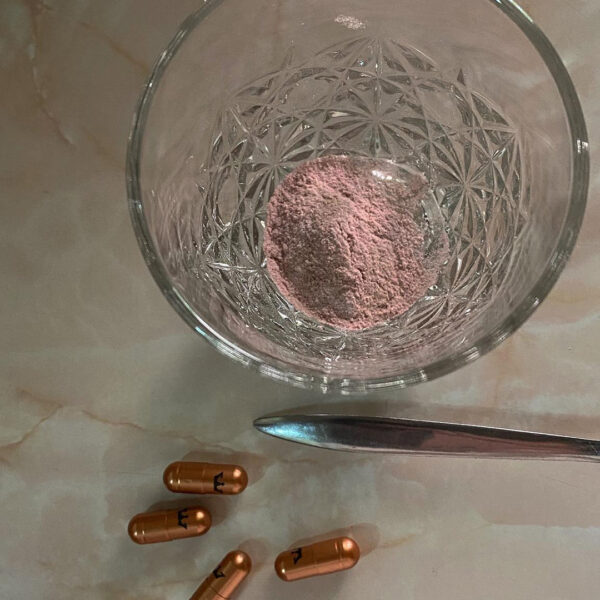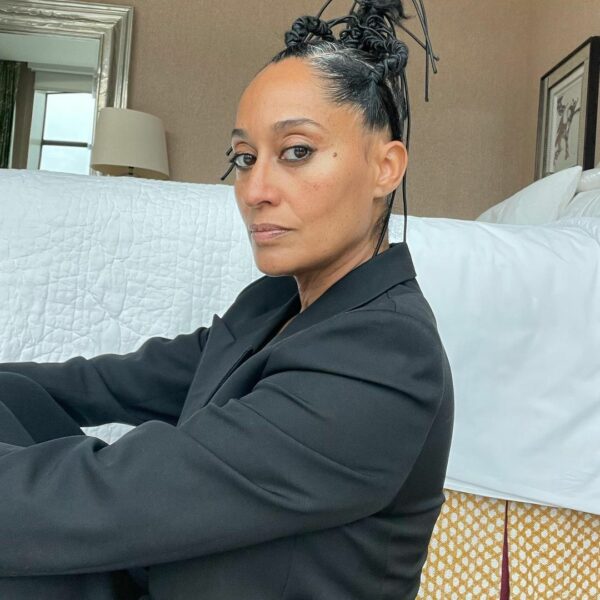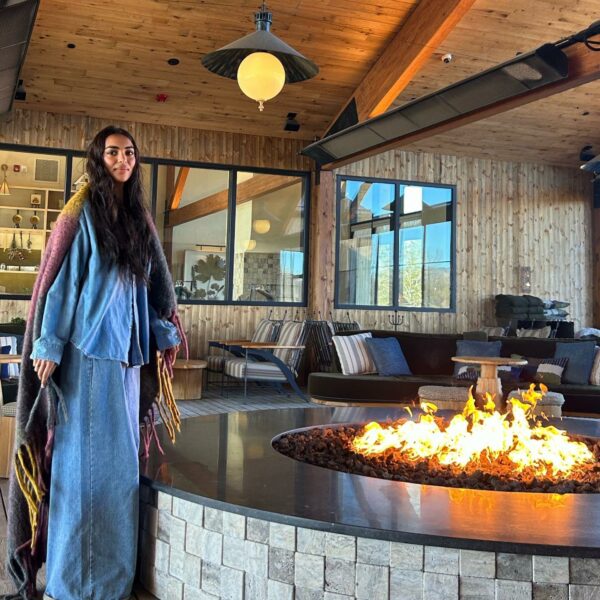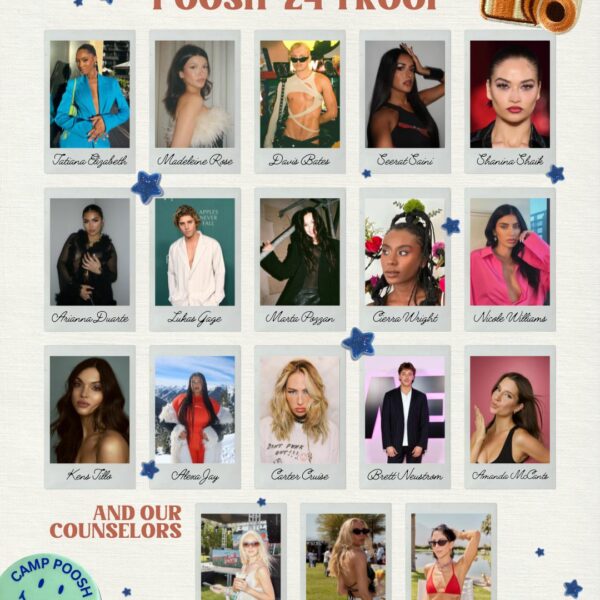We are constantly inundated with tips and tricks to avoid aging. “Anti-aging” is the name of the game here in the land of beauty and wellness, so much so that we forget that aging is inevitable. It’s great to slow the process, since so many facets of modern life tend to speed up the signs of aging. But to be anti the inevitable just seems like we are setting ourselves up for disappointment.
That’s where Dr. Paul Jarrod Frank, cosmetic dermatologist, Chief Medical Officer, and founder of PFRANKMD, defined the term pro-aging. In his work, The Pro-Aging Playbook, he details just how to embrace our own modes of progression so that we can age healthfully, beautifully, and thus, truly gracefully.
“What I want people to do is embrace the aging process, instead of looking at it as a bad thing,” Dr. Frank shares. “Pro-aging is harnessing the power of all the components of your existence—the way you look, the way you feel, your health and well-being, your sense of self, your relationships, the control of your ego—so you can be the best version of yourself … [it] is the opposite of anti-aging: it’s a change of perspective. What I do isn’t just about looks. It’s about health and lifestyle and self-perception—all key components to the overall quality of our existence.”
And guess where the quality of our existence begins and ends? With how we sustain ourselves. Both literal sustenance and mental. In his book, Dr. Frank interviews registered dietician Tanya Zuckerbrot about the best foods to promote positive, healthy aging. Here are the basics:
“Fruits, vegetables, legumes, and omega-3 fatty acids contain the vitamins, antioxidants, and fiber necessary to slow skin aging by minimizing degenerative effects of free radicals and oxidative stress.”
“Lycopene, glutathione, flavonoids, and beta carotene (provitamin A) and can be found in carrots, tomatoes, and cocoa.” They help to slow oxidative stress, a major culprit of early signs of aging, as well as disease and autoimmune disorders.
These “help the body to increase production of glutathione, a powerful antioxidant. Think cruciferous vegetables such as broccoli, brussels sprouts, and cauliflower.
“This is an integral part of collagen production and is found in citrus fruits and red and yellow bell peppers,” but you can also find it jam-packed into broccoli and eggplant, leafy greens, and juicy berries.
These will help to reduce inflammation. “Fatty fish is its best source for omega-3, as it is vitamin E, a potent antioxidant that can promote skin healing.”
“These are high in water content, and hydration is hugely important for skin health. Just like all other tissues in the body, skin cells must be adequately hydrated. Dull, dry skin, as well as skin lacking tone and elasticity, are common symptoms of dehydration.” Don’t just drink your water, eat it.
And just as important as nourishing our bodies is nourishing our minds. Dr. Frank is big on practicing gratitude, and keeping the brain in high functioning order by being positive, grateful, and surrounding ourselves with positive people and connections.
“How you connect with your community is going to be most predictive of how you see yourself—which is most important. We all need connectivity, and we need to be aware of who we surround ourselves with, both positive and negative. Practice gratitude, meditation, rest, and restoration.” His book details how to apply these tools into every aspect of our lives for sustainable, obvious effects.

The content provided in this article is provided for information purposes only and is not a substitute for professional advice and consultation, including professional medical advice and consultation; it is provided with the understanding that Poosh, LLC (“Poosh”) is not engaged in the provision or rendering of medical advice or services. The opinions and content included in the article are the views of the interviewee only, and Poosh does not endorse or recommend any such content or information, or any product or service mentioned in the article. You understand and agree that Poosh shall not be liable for any claim, loss, or damage arising out of the use of, or reliance upon any content or information in the article.
Up next, be the first to know our weekly content and sign up for our Poosh newsletter.






